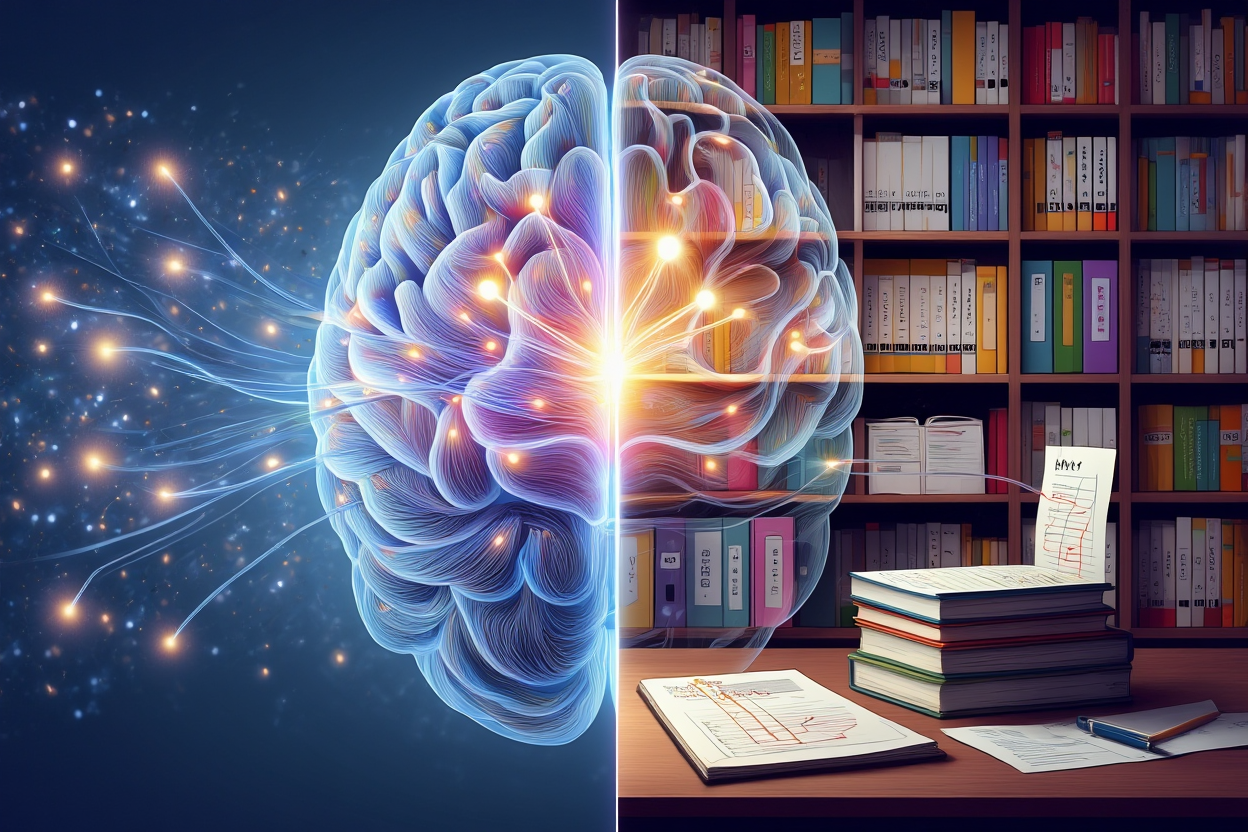What if the rise of AI in medicine did not mark the end of doctors, but the beginning of a new era of care?
Since Hippocrates, physicians have drawn their legitimacy from knowledge. Yet, for the first time in modern history, they are no longer necessarily the ones who know the most. AI diagnoses faster, sees what the human eye cannot, and sometimes even drafts responses that patients find more reassuring than those of a professional.
So, should we fear the disappearance of doctors? Or should we rethink their place, their role, their unique value in a world where expertise is shared between human and machine?




